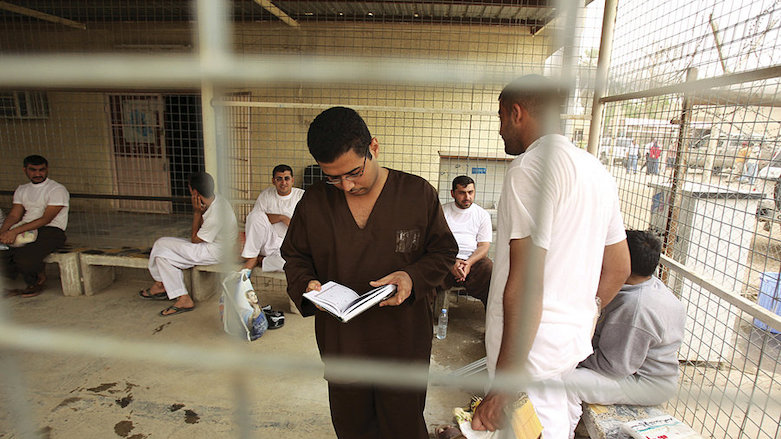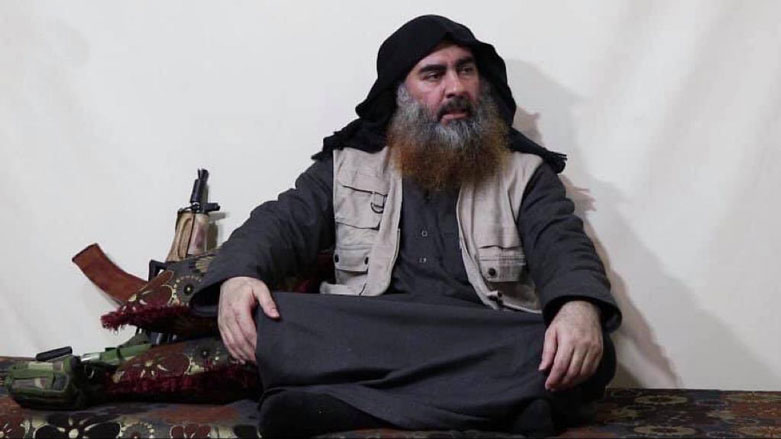Experts warn Iraqi prisons may become source for religious extremism

ERBIL (Kurdistan 24) – With Iraq’s ongoing preparations to receive Islamic State captives from Syria into local prisons, experts fear those penitentiaries may become a birthplace for another group of religious extremists.
During the military operations in Iraq and Syria, thousands of so-called Islamic State militants had been arrested. As the terror group lost its last foothold in Syria, thousands more were detained by Syrian Kurdish forces, among them foreign fighters.
Since then, Iraq has agreed not to send back the foreigners to their home countries, but instead detain them in Iraqi prisons.
According to Fathel Abu-Raghef, a specialist in strategic affairs, some of the Islamic State fighters who had been captured in Iraq and Syria “are religious fanatics with the capability of brainwashing and influencing others’ mentality” and radicalizing them.
Security expert Hisham Al-Hashmy, meanwhile, warned that overcrowded prisons in Iraq would “leave prisoners exposed to each other, making recruitment for extremist groups easier.”
“Emphasis on separating the prisoners is crucial to avoid a ‘jihadi academy’ inside the prison,” he added. “Especially the dangerous ones; they need to be locked in solitary confinement.”
Some allege that the idea of religious radicalism began in Iraqi prisons after the United States liberation of Iraq in 2003, specifically in Camp Bucca.
Camp Bucca was a detention facility the US military maintained near Umm Qasr, Iraq. The camp was opened in 2003 and closed in 2009. Security analysts in Iraq claim most of the Islamic State’s members were once detainees there where they were exposed to religious extremism by other inmates.
However, only a tiny fraction of the world’s 1.5 billion Muslims were members of the Islamic State or supporters of its violent and extreme interpretation of Islam.
Moreover, in the Islamic State’s so-called caliphate in Iraq and Syria, the overwhelming majority of its forces were Iraqis and Syrians, fighting over local issues. As Entifadh Qanbar, an Iraqi-American who heads the Future Foundation in Washington, told Kurdistan 24, “This is about politics, not praying.”
Hence, the Kurdish leadership has repeatedly stressed the need to address the underlying causes of Sunni Arab support for groups like the Islamic State: above all, the failure of the Baghdad government to address their needs and represent their concerns.
Political leaders in the Kurdistan Region have also stressed that the Islamic State in Iraq consists, overwhelmingly, of local people, pursuing local issues, rather than some grand religious adventure.
Editing by Karzan Sulaivany

